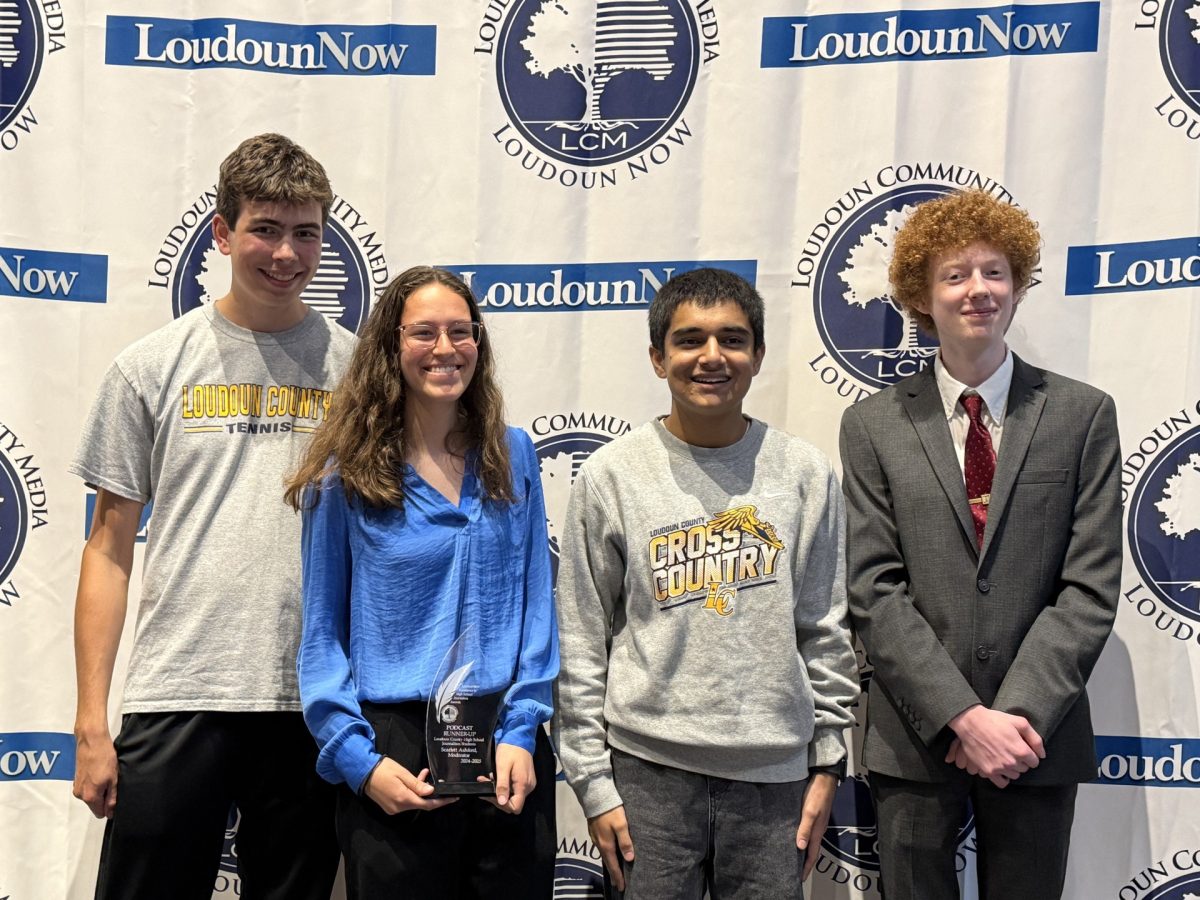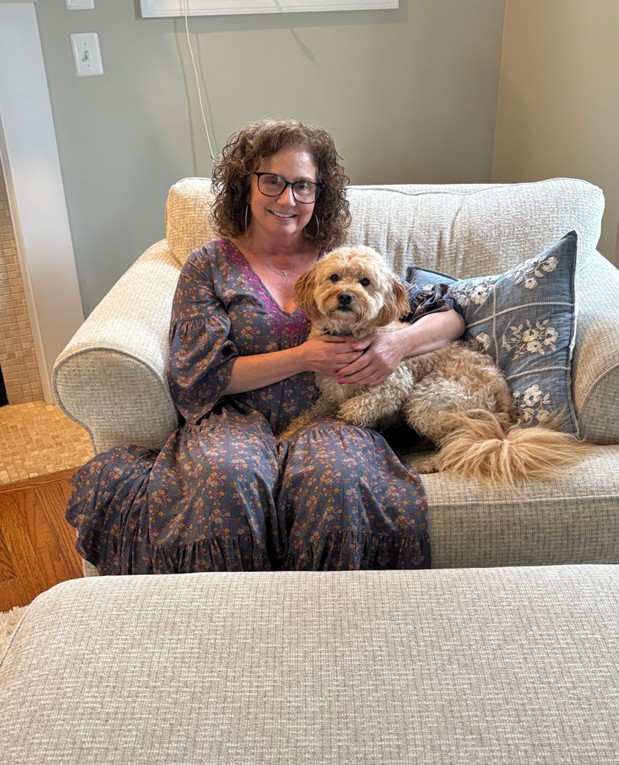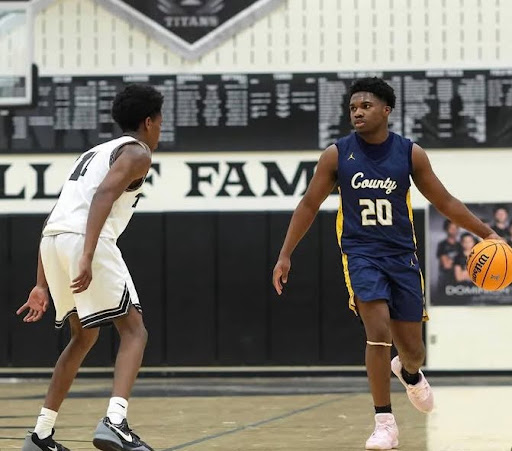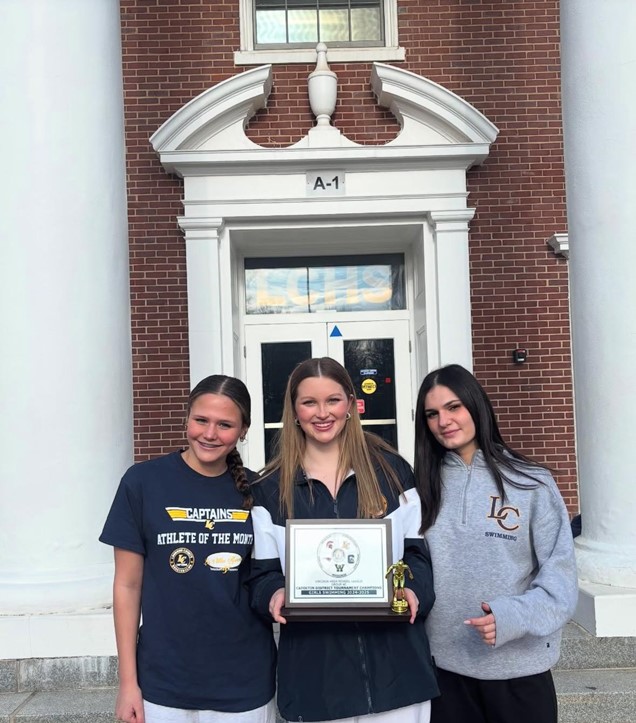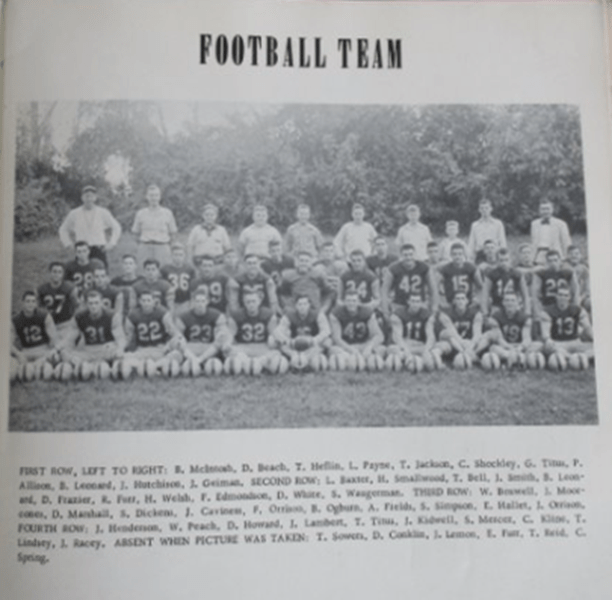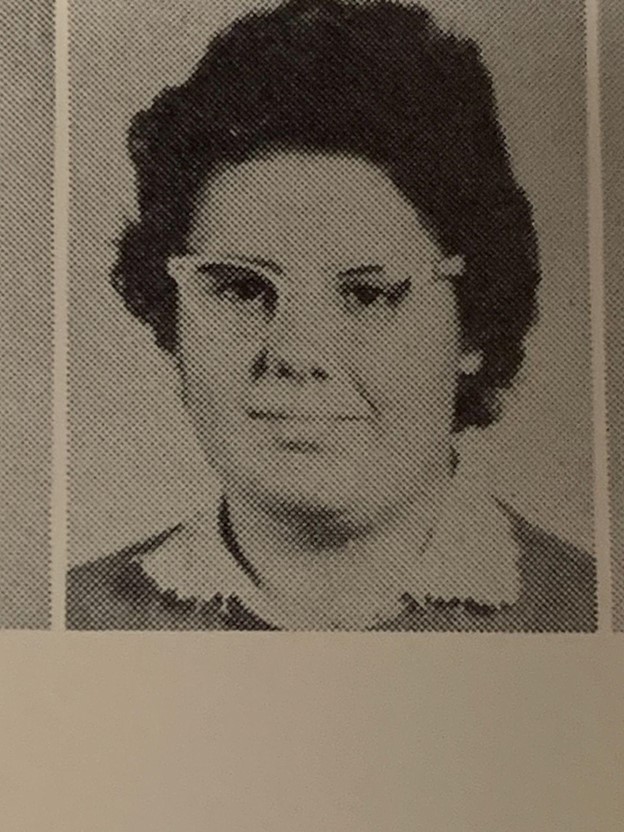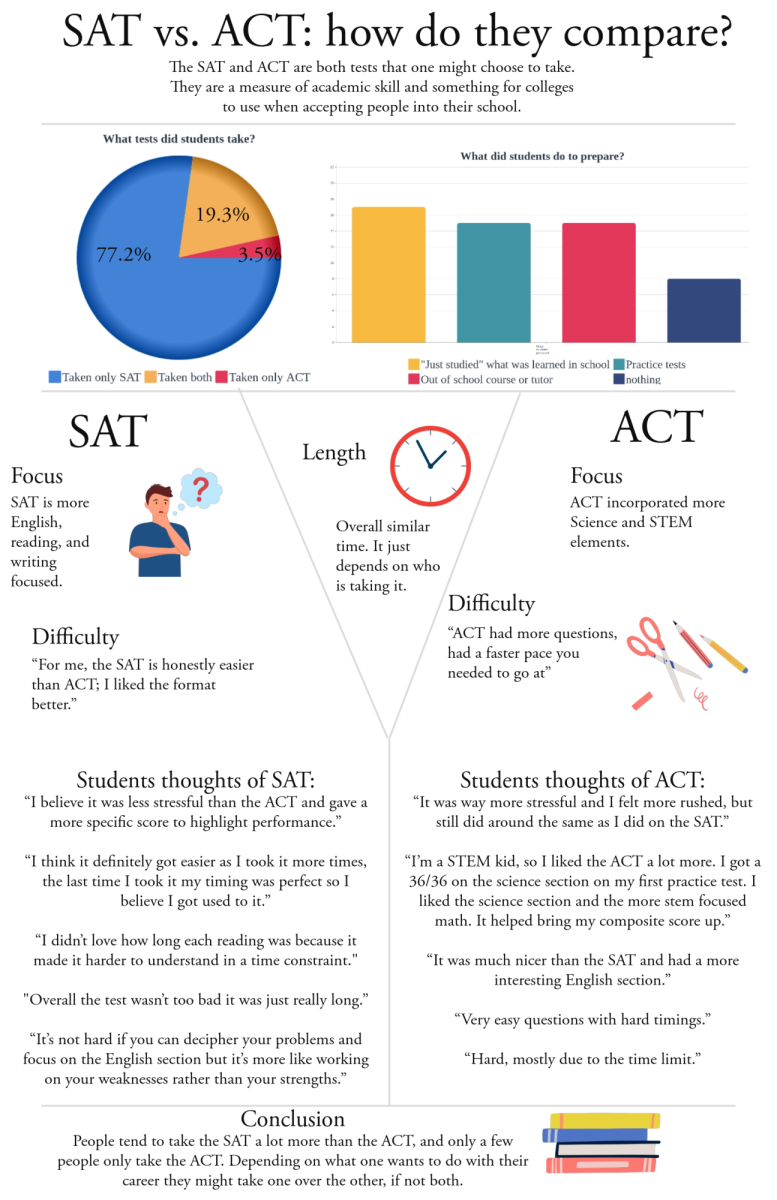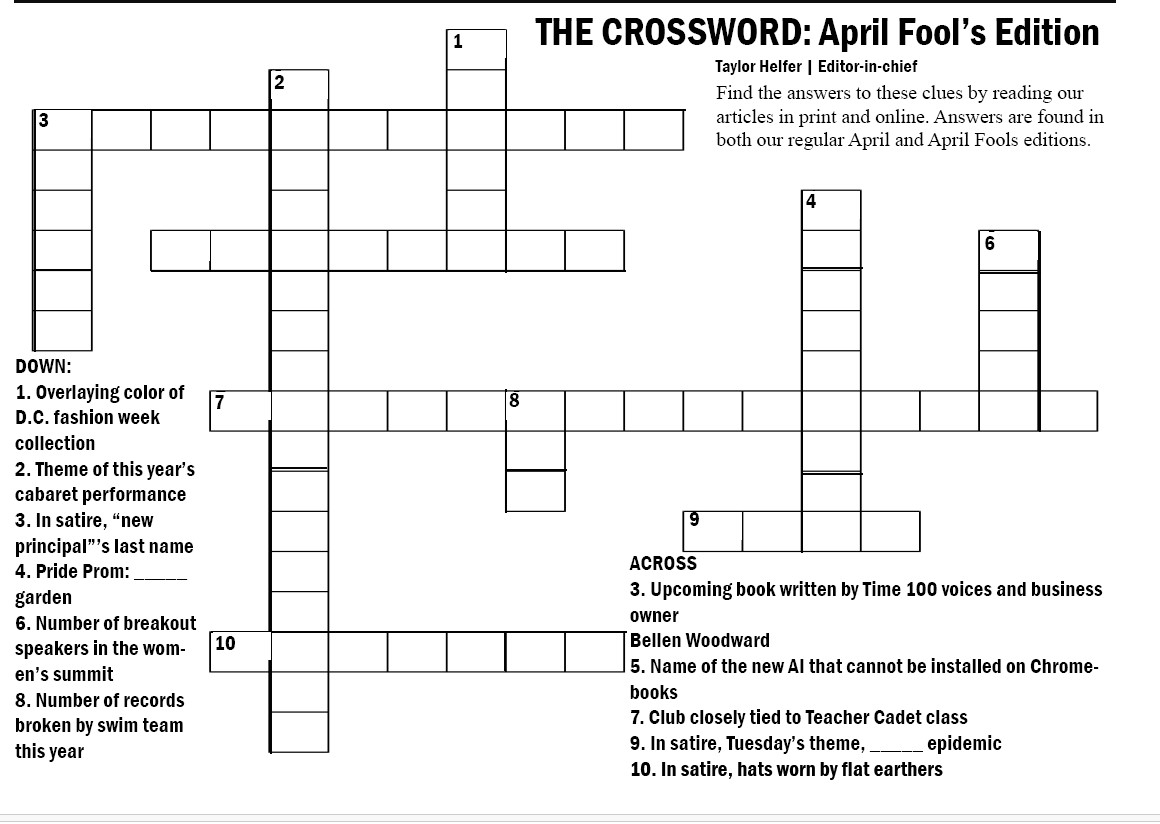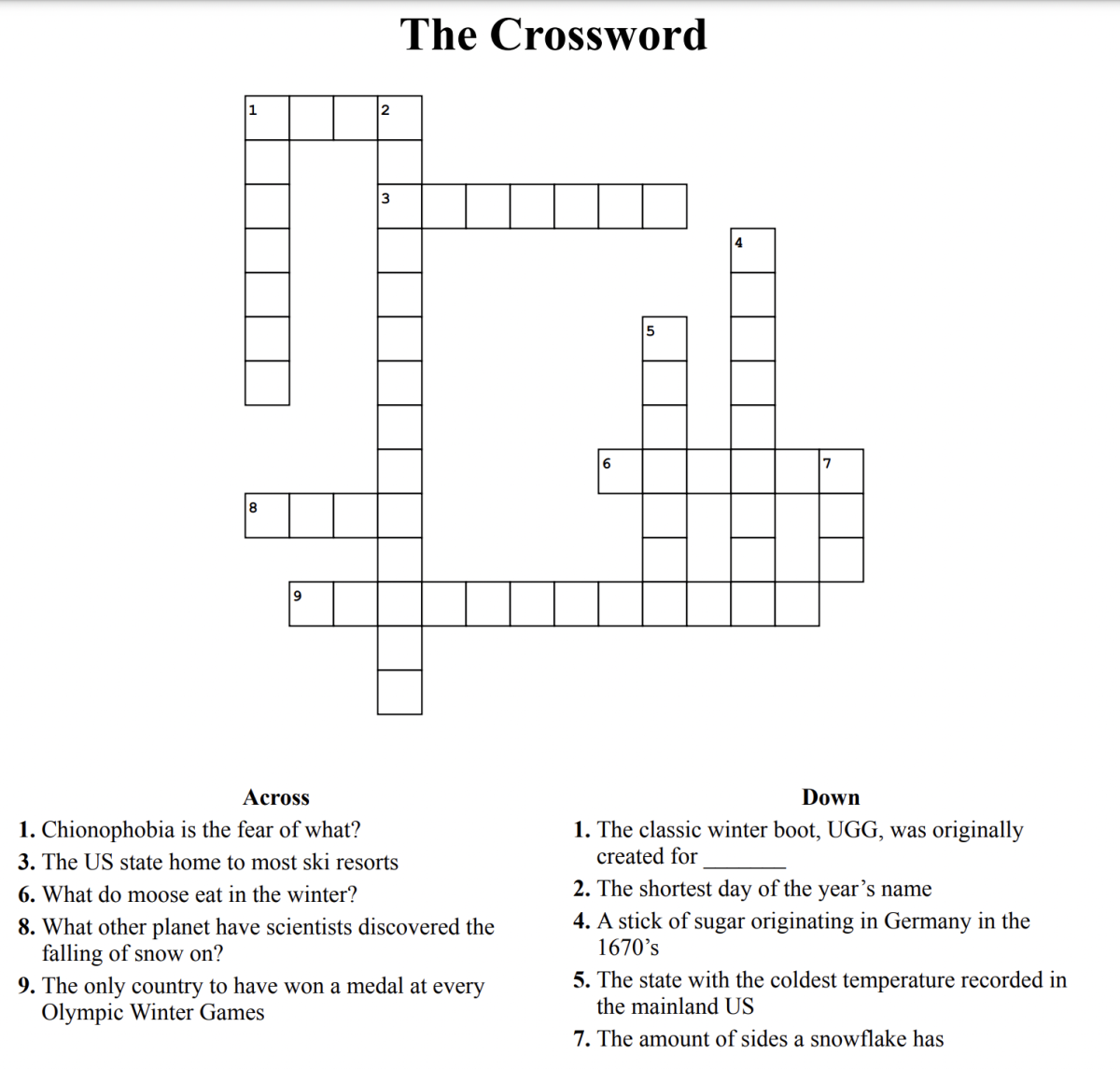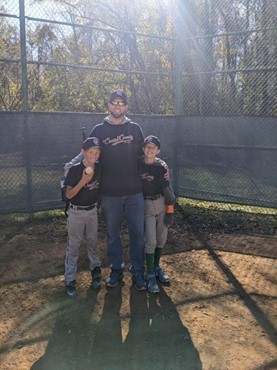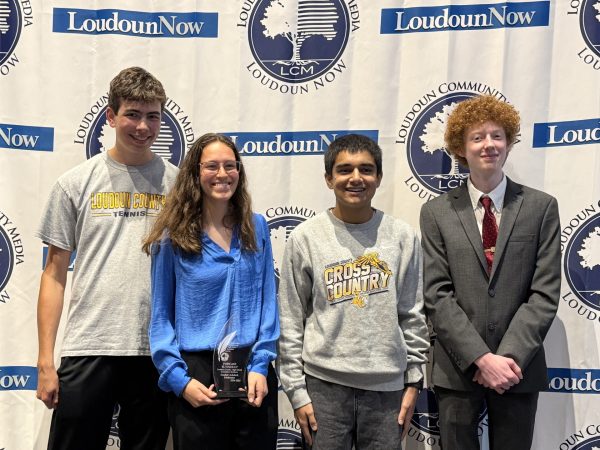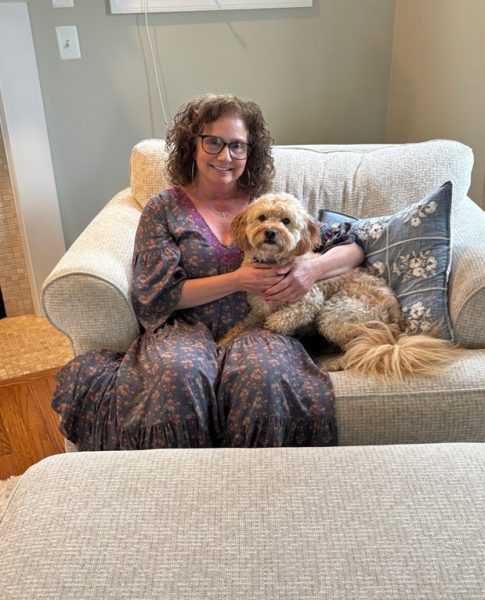Chat GPT Modernizes Workflows For Students

This screenshot of a chat session with ChatGPT illustrates how students can use chatGPT to assist with schoolwork.
As high school students continue to adapt to the changing landscape of education, many are turning to new technologies to help them stay on track and succeed in their studies. One such tool that has recently garnered attention is ChatGPT, a language model developed by OpenAI.
If you thought that opening was written by a human you’d be mistaken. That text was generated by the revolutionary new AI, ChatGPT. ChatGPT only came out November of 2022 but has already amassed a user base of over one million monthly users.
ChatGPT is made by the company OpenAI whose goal is to “ensure artificial intelligence benefits all of humanity.” The reason why so many people use ChatGPT is likely due to how responsive it is in conversation. “The dialogue format makes it possible for ChatGPT to answer followup questions, admit its mistakes, challenge incorrect premises, and reject inappropriate requests,” Open AI writes on its website.
ChatGPT has the capability to write a variety of forms of text such as poems, essays, and stories. ChatGPT can also translate, summarize information, change the style, and generate grammatical errors. Chat GPT can also assist students in basically every subject by being able to answer questions and give explanations for those results. It can even add quotes from certain books or movies if prompted.
Writing an article with ChatGPT is very simple. Simply boot up the website, put in a prompt, and details that should be included, hit enter and watch an article be generated near instantly.
All in all, it isn’t difficult to see why ChatGPT is taking the educational world by storm, but students are also using it to cheat in ways not possible before.
ChatGPT can be easily used to cheat on English assignments. “I know that it’s an AI that can write a paper for you, and apparently it’s pretty good too. You can’t really catch it,” English teacher Carla Lopez said.
The issue caused immediate concern in school districts around the country back in December, and many school districts such as New York Public Schools (the largest school district), Los Angeles Public Schools, and Baltimore Public Schools blocked it from school issued devices and wifi networks.
ChatGPT has had an effect here at Loudoun County schools too. It has already been banned from chromebooks and the wifi, but that hasn’t stopped students from accessing it. “I do suspect that that’s happened,” Alexandra Strosnyder, English teacher, said when asked if she thought any of her students had used it.
The school system hasn’t taken any official action other than blocking it, but teachers are still talking about how to prevent it from being used to cheat on their assignments. “No action has been taken. The English Department has emailed each other about it just to note that students have talked about it and been using it in classes,” Strosnyder said.
Another problem teachers are facing is the different experience each teacher will have. “So everybody kind of has a different experience for me. My students all do their work in class, so I don’t really have to worry about it. And then I also am very specific on what I asked my students to do, so I feel pretty good, but I know that especially the AP and the DE teachers are going to have a trickier time,” Lopez said.
Until teachers find a fix to the situation, they are having to rely on their knowledge of the students to moderate assignments. “I know the way my students talk, I know how my students write,” Lopez said. “And so I would know at this point in the year. I think if it was at the beginning of the year, it might be harder. But often, if you read a sentence as a teacher, I’ve caught a lot of students plagiarizing from other places, and if I just read one sentence, I’m like, this doesn’t sound like them.”
Although many teachers and school systems are in favor of attempting to ban ChatGPT, many think in the end students will always find a way around the barriers. Instead they should embrace it as a learning tool. “Instead of starting an endless game of whack-a-mole against an ever-expanding army of A.I. chatbots, here’s a suggestion: For the rest of the academic year, schools should treat ChatGPT the way they treat calculators — allowing it for some assignments, but not others, and assuming that unless students are being supervised in person with their devices stashed away, they’re probably using one,” Kevin Roose said in a New York Times article.
Some of the possible uses advocates like Kevin say are using it to create outlines for an essay and then writing in freehand, explain subjects like a teacher outside of school, or using it as a debate partner.
“ChatGPT is a popular AI tool in education, but its potential for cheating is a concern for educators. School districts have blocked access, but students still find ways to use it. Teachers are discussing ways to prevent cheating while still using its benefits. Some suggest embracing it and teaching responsible use, rather than trying to block it. Educators must find a balance between ChatGPT’s benefits and preventing cheating,” ChatGPT, revolutionary new AI, wrote.
Your donation will support the student journalists of Loudoun County High School. Your contribution will allow us to purchase equipment and continue to print our issues for the students at our school.



